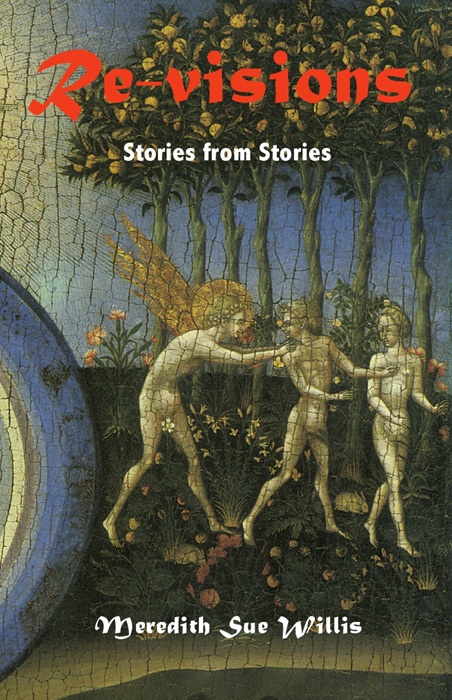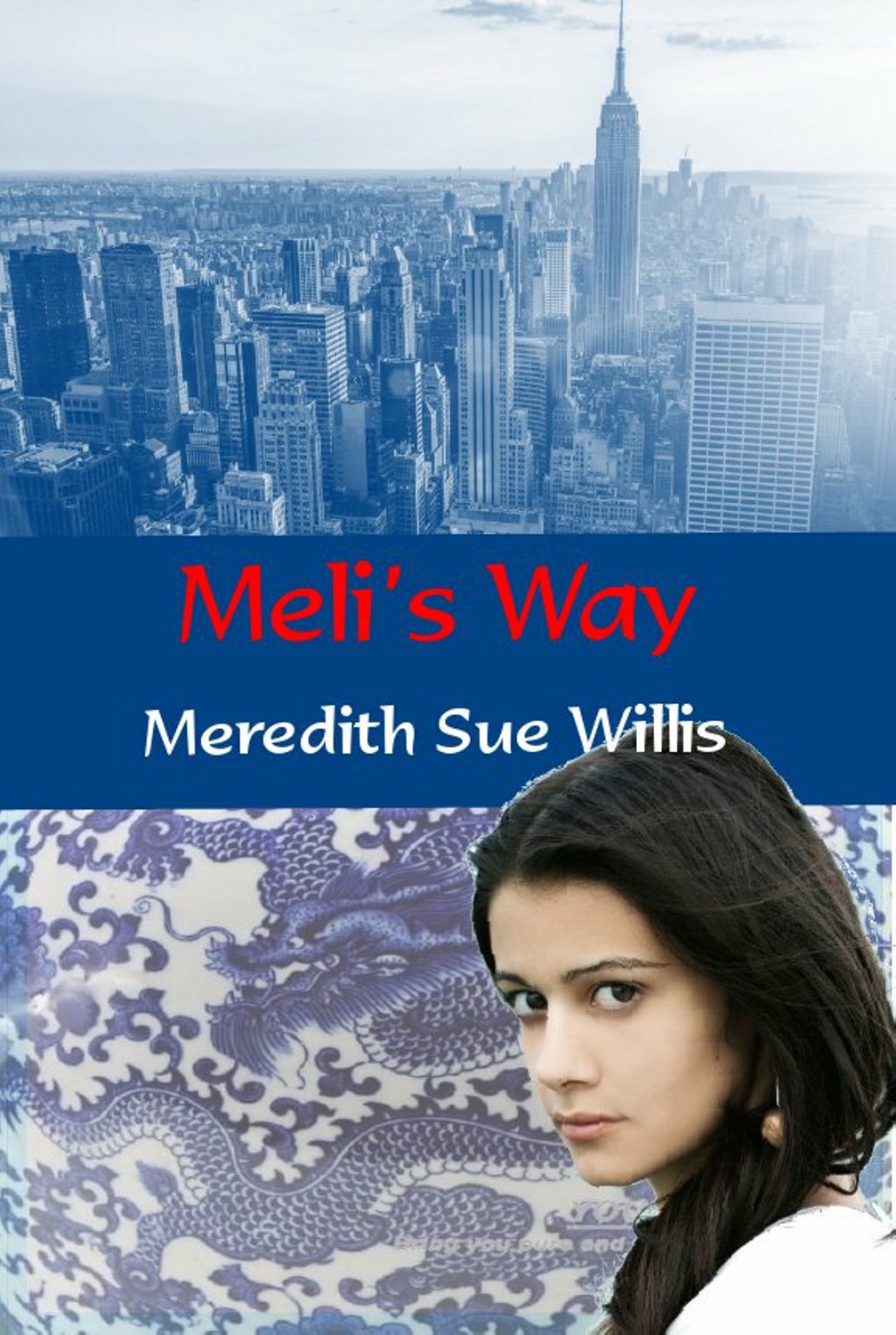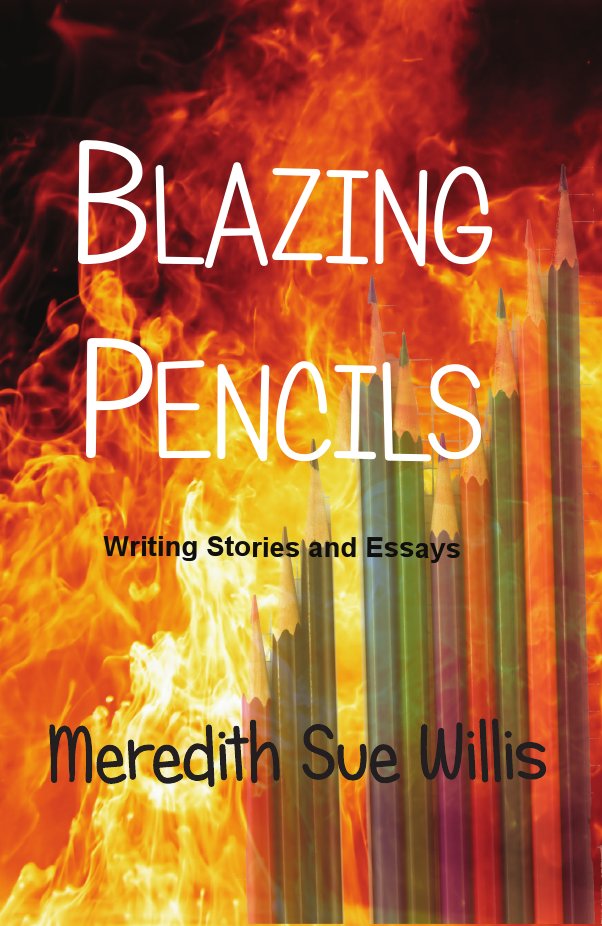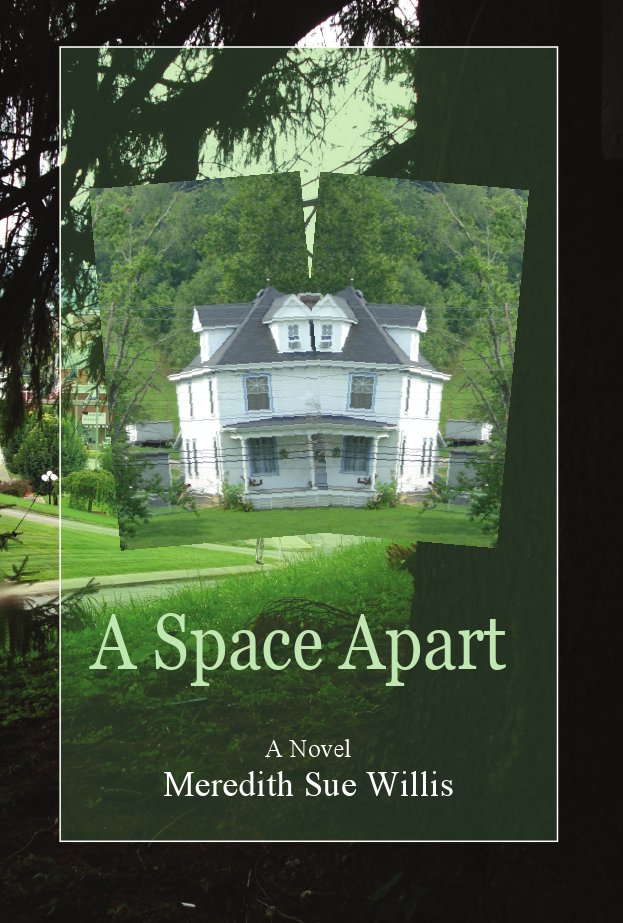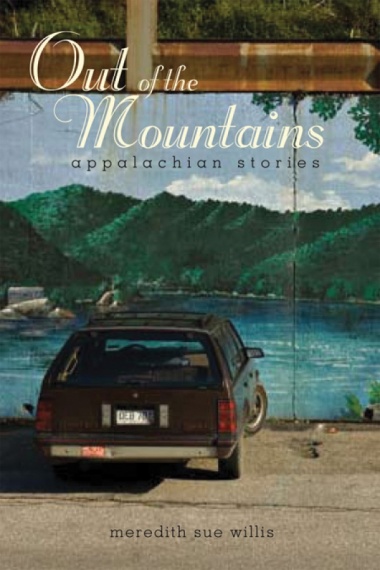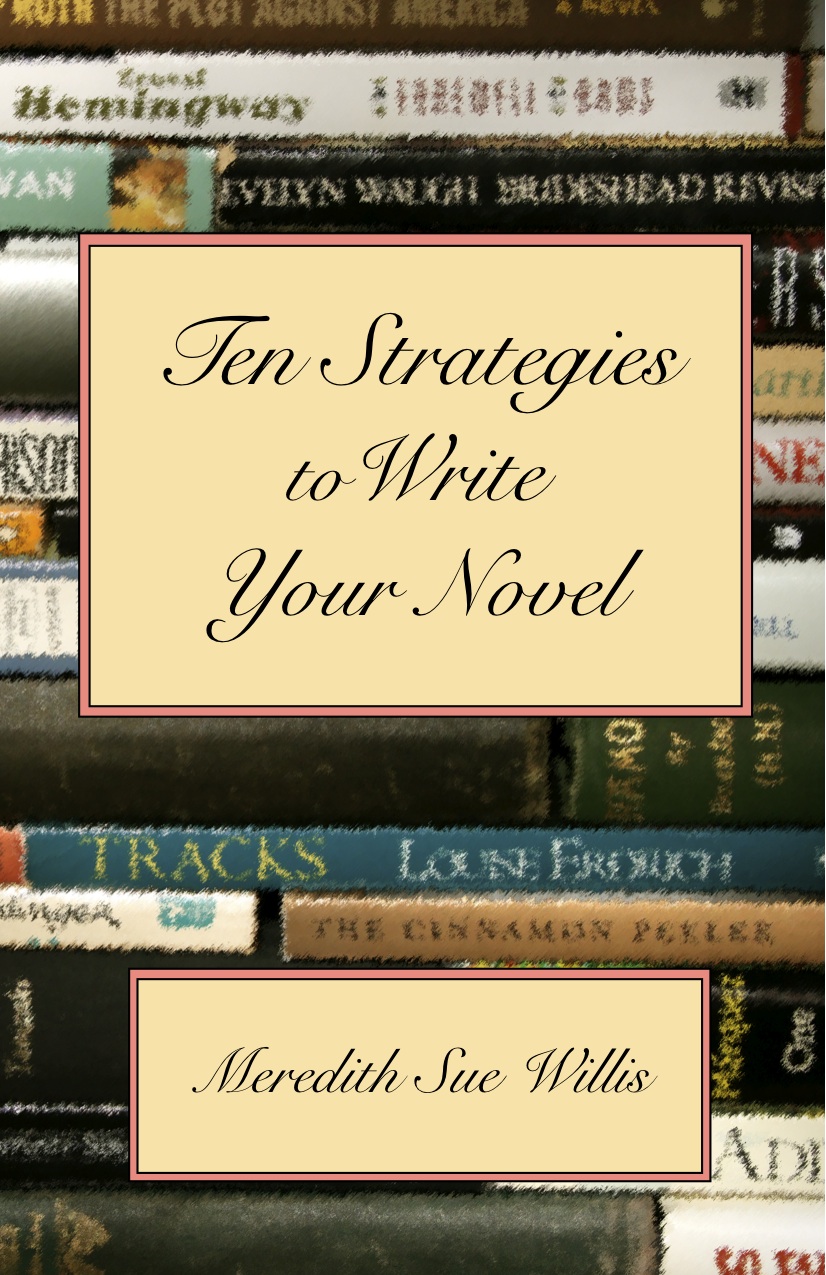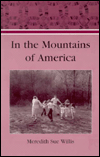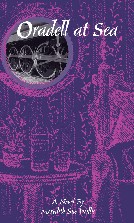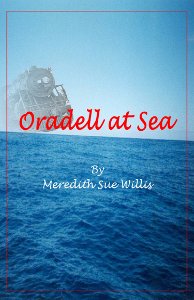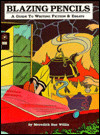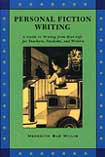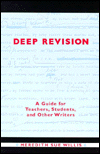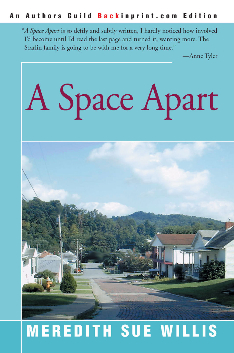Exercises 41 - 60
For More Exercises, go to:
Exercises 1- 20
Exercises 21- 40
Exercses 41 - 60
Exercises 61-80
Exercises 81-100
Exercises 101 - 120
Exercises 121 - 140
Exercises 141 - 160Exercises 161 - 180
Exercises 181 - 200
Exercises 201 - 240
Exercises 241 - 260
Exercises 261 - 300
Exercises 301 - 330
The latest exercises and other sources
for writing ideas are here.
Write in a different place: Take your laptop or your
yellow legal pad out on the back porch ...
Two people (from your story or novel or memoir or simply two people you've overheard or imagined) are talking. One is putting off telling the other some important information (a bad report card? that she wants a divorce?). The other feels increasing tension in the hesitation and indirection...
Exercise #42
This is the gray part of the year in the East. Imagine that you or an important character you are writing about or plan to write about is imagining their absolute most favorite place in the whole world. It should be somewhere they have actually been so they can include in their imagining the smell of the wood smoke in the fireplace or the feel of the sand under their bare feet. Focus on both the place itself, and the character's/ your reasons for finding the place so special.
Exercise #43
Do you ever talk to yourself? Have arguments with yourself? Write a dialogue between yourself and-- yourself! The two parts don't have to be a "devil" and an "angel," but they do need to disagree. You might also use this in a piece of fiction by having a character have a discussion in her or his own head.
Exercise #44
A character observes another character's skin. This might be a lover's skin, or the wounded bare feet of a homeless man in a subway. What can you learn about the person by looking at their skin? What can you learn about yourself?
Exercise #45
A character catches sight of herself or himself in a mirror. This is a passing glance--in someone else's house, or a reflected image in a store window. The person makes observations-- is pleased with how he or she looks? Appalled?
Exercise #46
Looking down from far above, I see half snow, half grass. I think to myself....
Exercise #47
This passage is from James Joyce's long story "The Dead" in Dubliners. It contrasts two elderly sisters. After you read it, write a description of two people, similar yet in sharp contrast to one another:
....His aunts were two small, plainly dressed old women. Aunt Julia was an inch or so the taller. Her hair, drawn low over the tops of her ears, was grey; and gray also, with darker shadows, was her large flaccid face. Though she was stout in build and stood erect, her slow eyes and parted lips gave her the appearance of a woman who did not know where she was or where she was going. Aunt Kate was more vivacious. Her face, healthier than her sister’s, was all puckers and creases, like a shrivelled red apple, and her hair, braided in the same old fashioned-way, had not lost its ripe nut color.
Exercise #48
Two people are having a conversation. They appear to be discussing a bottle of wine (or a wine bottle), but there is a subtext. What is really going on?
Exercise 49
Write about a person stepping out into the weather and thinking about it. Exaggerate, as in this Victorian example, the opening of Charles Dickens' Bleak House:
London. Michaelmas Term lately over, and the Lord Chancellor sitting in Lincoln's Inn Hall. Implacable November weather. As much mud in the streets as if the waters had but newly retired from the face of the earth, and it would not be wonderful to meet a Megalosaurus, forty feet long or so, waddling like an elephantine lizard up Holborn Hill. Smoke lowering down from chimney- pots, making a soft black drizzle, with flakes of soot in it as big as full-grown snow-flakes--gone into mourning, one might imagine, for the death of the sun.
</>Use the exaggerated weather description to show how the speaker is feeling.
Exercise #50
Write a scene from the point of view of one character (yourself, if memoir). Now write the same scene from the point of view of a different character (in memoir, this gives insight into other people's motives). Put one version in past tense and one in present tense. What if you had reversed which is in present, which is in past?
Exercise #51
If you are having trouble with a piece of prose, try these exercises to think of it as a whole: 1) If my piece (story, chapter, essay, novel) were an object small enough to hold in my hands, what would it be? An orange? A cage with a cricket in it? 2) My piece is a boat. I imagine it launching, and its journey, and where it ends up. Is it on a river, an ocean? a lake? What kind of boat? Weather?
Exercise #52
It's spring. Your character is walking out of doors and sees the burgeoning trees and flowers, hears the birdsong. But the character's reaction to all this newness and freshness is not what you would expect...
Exercise #53
Take a kitchen timer or a stopwatch plus a notebook and pen and go sit in a place where you ordinarily would not go: a bar if you're a non-drinker; a sports bar during playoffs if you avoid sports; the donut shop at the hour the middle school kids are getting out and making noisy purchases; a church if you're not a Christian; etc. etc. Set your timer for ten minutes (fifteen if you are patient) and sit quietly, not writing, just taking in the place with your senses. Then, at the end of the time you've set, write your impressions. When you get back to your desk or computer, type up the notes and then have some characters enter the scene and say....
</> <>
Exercise #54
Take a passage of something you are writing that you are having trouble with, and lay it aside. Now write it again, without looking, from memory, changing how the story is told. That is, you might change point of view: have the main character's enemy give his or her view of what happened. Or, if it's first person, instead of telling it as it is happening, have the main character tell it as if it happened ten years ago.
Exercise #55
This is a photograph of a sunset on Mars. The writing exercise is to (a) put this image (or the idea of it ) into your ongoing project or (b) use it as a starter for writing something new. The objective here is not to write science fiction, but to contemplate the image and see where it takes you. I am using it in a contemporary young adult novel in the form of a poster that a teacher has on his wall that fascinates the young girl narrator. It could be a dream or something imagined.
Exercise #56
A person is eating a meal which could be a quick snack on the street or a special holiday meal with the family, or a sandwich after a first date or even a meal of unfamiliar and perhaps unappealing foods. Focus on the senses, especially touch, smell, and taste, and what the person is thinking about as he or she eats.
Exercise #57
Write a scene in which a minor character has a monologue expressing his or her personality. Since it is unlikely that your story or memoir is actually in this character's head (otherwise, why would it be a minor character?), try having the monologue be spoken aloud or expressed in some other way that fits into your novel: a letter? an e-mail message? an acceptance speech at an awards ceremony? Look at this excerpt from my novel Trespassers for an example of a minor character telling his story in conversation.
Exercise #58
</> </>
It's summertime in the northern hemisphere. Lie back in your hammock, literally or in imagination, and put yourself in a daydreamy mood. The heat has settled in, but in your mind you are travelling. You take a trip to a place you've never been-- perhaps to wander with the Emperor penguins in Antarctica; or perhaps a trip into the past, farther back than your own lifetime, into your grandfather's early years; or the trip might be into your own bloodstream and around your lungs and heart. Whether it is a real place or a fantasy place, whether it is possible in real life to go there or not, write the adventure. In this kind of weather, it's best to limit strenuous activity to your imagination!Exercise #59
Someone has spread an array of food for you or for one of your characters. This might be a special celebration or a restaurant meal. What is the subtext? That is, what does the person feel or think about this meal? Does the person feel an inarticulate love being expressed? Is the person afraid of being poisoned?
Exercise #60
Painting by Ella YangI looked out over my city. I had been watching this city for a long time. I decided it was time. It was time to...
Subscribe to Meredith Sue Willis's
Free Newsletter
for Readers and Writers:
Send email to MSW
New Book Deal!
[For all of MSW's books, click here.]
Special Price on Meredith Sue Willis's new book of stories from myths and other stories: Re-Visions. Regular Price $14.95 plus S&H now $13.00 plus S&H.
Click on the Book or here.Re-visions: Stories from Stories is a collection of spin-offs from myth, fiction, and the Bible. From a new look at Adam and Eve and why they left the Garden to a grown-up Topsy from Uncle Tom's Cabin to the confessions of SaintAugustine's concubine- each story offers a gloss on the original as well as insights into how we canlive today.
Images and photos found on the various pages of this web site may be used
by anyone,
but please attribute the source when it is specified.
This work is licensed under a Creative Commons Attribution-NonCommercial-ShareAlike 3.0 Unported License.



